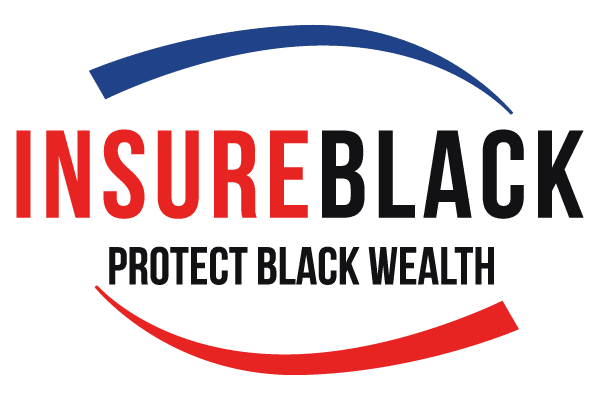Government helps to perpetuate inequality just by spending money. Citizens pay taxes and with those dollars, governments pay for goods and services. A city school system may need to procure markers while the transportation department may need a construction firm to build a ramp. The Pentagon needs planes built and states need food suppliers to serve prisons, among many other things. Black people are overwhelmingly left out in the cold when contracts are awarded and yet Black politicians would rather talk about any and everything else but the money.
New York City’s population is mostly non-white but a 2018 report concluded that 95% of city contracts were awarded to firms owned by white men. Here’s a particularly egregious example: after a federal judge ruled that the city’s stop and frisk policy was an injustice to Black and Latino people, the New York City Police Department shelled out some $321 million over 10 years to consulting firms to figure out how to be nicer to “the darker brother.” 96% of that pie went to firms run by white men, in an effort to help address Black and Latino people’s pain. Billions of dollars are going to companies every year in New York, allowing them to hire and create economic security for thousands of families. Those families are overwhelmingly not Black but instead of screaming bloody murder everyay, Black politicians are regurgitating talking points from the Democratic and Republican parties about everything else but the money.
New York City isn’t unique. Most cities, counties, states and even the federal government are roughly the same. This reality helps to compound the issue of violence and yet neither political party has a solution. It wasn’t always this way. Segregation and white flight produced majority-Black cities in the 1960s and 1970s, cities that used those numbers to elect Black mayors. Richard Hatcher in Gary, Carl Stokes in Cleveland, Maynard Jackson in Atlanta, Marion Barry in DC and others came to power during this era. They used their political power to help correct a historic injustice, the dearth of contracts their cities awarded to Black owned businesses. While those mayors didn’t solve the issue of Black unemployment or poverty, it was a start. That start, however, came to a quick end. Resentment and racial animus set the stage for the modern-day equivalent of a lynching.
Richmond, Virginia had a requirement that 25% of construction contracts be awarded to minority firms. That was very similar to Marion Barry’s requirement that city agencies award 25% of contracts to minority firms in DC. At that time, these cities were well over 50% Black; a 25% minority participation requirement could hardly be seen as an injustice, especially in the context of the historical exclusion of Black firms in government contracting. Whites in Richmond took their grievance to the Supreme Court in City of Richmond v. J. A. Croson Co., where the court’s majority ruled that using race to address past racism was in fact reverse racism. All of those contracting programs were ruled unconstitutional and to this day, cities have struggled to find ways to award contracts to Black owned businesses.
The Supreme Court overturned Roe V. Wade and yet scores of Black politicians continue to be vocal in the fight for reproductive justice rights. The Supreme Court gutted programs that benefited Black owned businesses in government contracting but Black politicians hardly bring up the matter, which if solved, would impact Black communities more than any other legislation they could ever dream of passing. Doing business with the government is essential to building wealth and scaling enterprises. Selling a product to a housewife is fine but selling to the government, whether city or federal, is the way to supersize a company. Successfully doing business with the government would help Black people build wealth and create jobs on a massive scale. Even so, Black politicians are unwilling to handle the topic with the same urgency they do abortion rights, criminal justice reform or immigration– all of which would be of far less concern to Black people if the money was flowing.
What good are Black elected officials, if they can’t deliver on the greatest need Black communities have? What value are they delivering to Black people, if they choose to be more vocal about any and every pet social issue than putting money back into Black people’s pockets? Black voters must also demand immediate and clear action on government contracting, at every level of government. Every. Single. Election. If Black politicians prove unable to deliver, Black people should open up the interview process.

